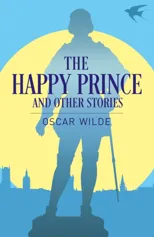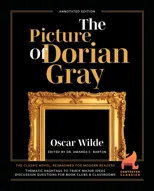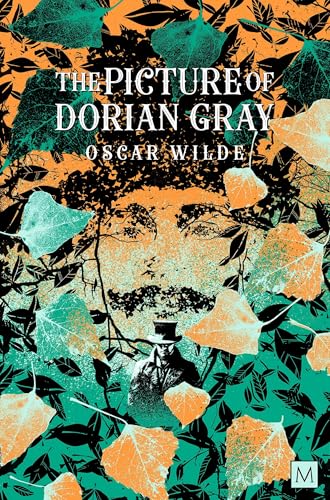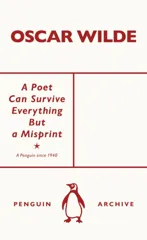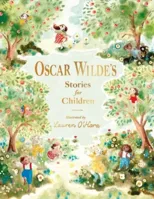De Profundis and Other Prison Writings
(Author) Oscar WildeA definitive new collection of Oscar Wilde’s best prison letters and poetry, with an introduction by Colm Toibin Bankrupt and with his reputation in ruins, Oscar Wilde wrote the astonishing letter “De Profundis” to his lover, Lord Alfred Douglas, while in prison. Editor Colm Toibin, the acclaimed author of The Blackwater Lightship, The Master, and Brooklyn, describes it as Wilde’s “greatest piece of prose writing.” Also included is “The Ballad of Reading Gaol,” Wilde’s most famous poem and one of the greatest ballads in the English language, as well as other letters Wilde wrote from prison that reveal the true effects of incarceration on the people he met. Based on the Penguin Classics edition of the Complete Letters, this collection features a new introduction, notes, and appendices. For more than seventy years, Penguin has been the leading publisher of classic literature in the English-speaking world. With more than 1,700 titles, Penguin Classics represents a global bookshelf of the best works throughout history and across genres and disciplines. Readers trust the series to provide authoritative texts enhanced by introductions and notes by distinguished scholars and contemporary authors, as well as up-to-date translations by award-winning translators.
Oscar Wilde
Oscar Wilde was an Irish playwright, novelist, and essayist known for his wit, flamboyant style, and sharp social commentary. His most famous works include the play "The Importance of Being Earnest" and the novel "The Picture of Dorian Gray," both of which explore themes of identity, morality, and societal expectations. Wilde's writing is characterized by clever wordplay, satirical humor, and a keen observation of human nature. He was a key figure in the aesthetic and decadent movements of the late 19th century and is considered one of the most important voices in British literature. Wilde's impact on literature can be seen in his subversion of conventional Victorian norms and his pioneering use of irony and paradox.

